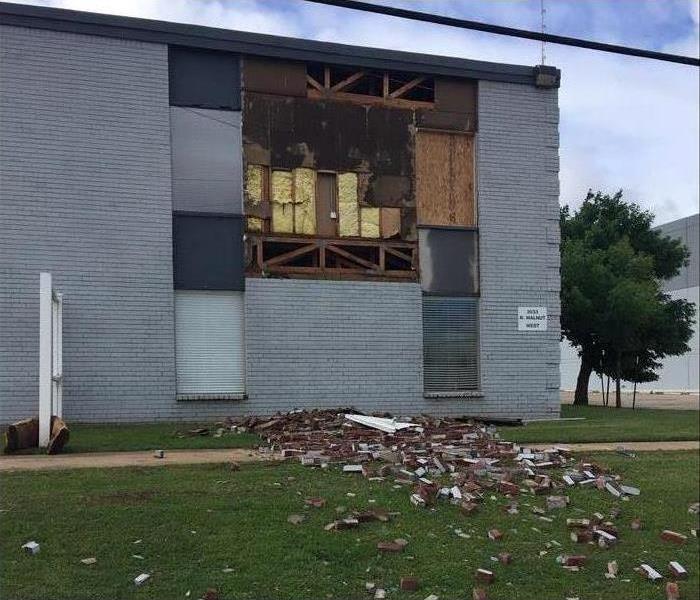Do Commercial Insurance Policies Cover Mold Damage?
12/3/2018 (Permalink)
Some commercial insurance policies cover mold, but many policies have fungus exclusions or limited fungus coverage. Property owners may want to add a mold insurance endorsement to a policy. The additional cost is likely to be less than paying for mold damage remediation out of pocket. Learn how to determine whether your policy covers mold and how to obtain additional coverage.
Check Your Policy
Familiarize yourself with the perils your policy does and does not cover. Keep an eye out for:
- A mold exclusion
- A mold endorsement
- Exceptions
- Limited fungus coverage
All of these factors affect whether mold is covered. Even if a policy does not currently cover mold, you may be able to add an endorsement prior to remediation.
Ask About Endorsements
If you do not currently have mold insurance, you may want to add extra coverage to your policy. In doing so, you should inquire about the:
- Cost of extra coverage
- Covered perils
- Policy limits
All of these factors may impact whether mold cleanup and remediation is covered by commercial insurance. This will determine whether additional coverage is worth the cost.
Determine the Limit
It is important to determine what a mold endorsement covers. In the case of limited fungus coverage, the only covered perils may include water damage or leaks caused by fire extinguishing equipment. Mold resulting from a flood is covered by a flood insurance policy. Even limited coverage should offset the costs of
- Mold removal
- Physical loss or damage
- Tearing out and replacing building materials
- Testing after remediation
Property owners are responsible for documenting and mitigating damage. It is also important to file a claim in a timely manner.
As many commercial insurance policies exclude mold damage, it is important to assess the risk of mold in a building in Sumner, OK. An endorsement can help to cover the cost of hiring mold remediation specialists.



 24/7 Emergency Service
24/7 Emergency Service
